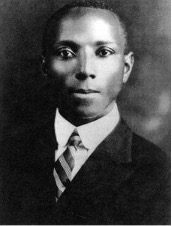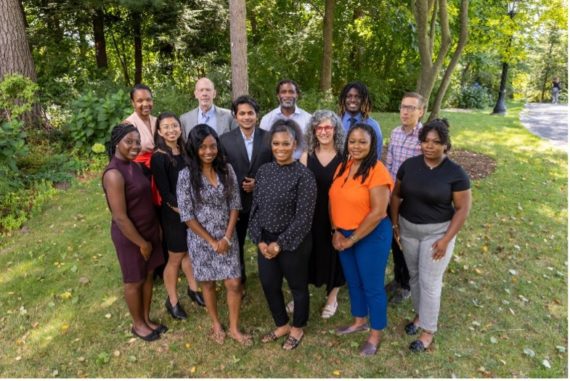This year, Congress has an opportunity to meet the urgency of the moment by improving nutrition, food security, and agriculture, in the farm bill, which is due to be reauthorized for an additional five years.
As we celebrate Black History Month, Congress is holding its first hearings on renewing this large and complex legislation. The United Nations estimates that 2.3 billion people—more than a quarter of the world’s population, which reached 8 billion in 2022—are food insecure, meaning that they are uncertain of whether they will be able to obtain sufficient nutritious food.
As the world faces new challenges to global hunger, agricultural research is critical to ensuring farmers have the right tools to grow nutritious food sustainably. Investment in the research title of the farm bill is a Bread priority.

Universities across the U.S. are playing an important role in implementing the research title of the farm bill . In 2022, Cornell University’s Feed the Future Innovation Lab for Crop Improvement launched its inaugural Turner Fellowship in honor of Thomas Turner, the first African American to receive a Ph.D. from Cornell in botany.
Botany is the scientific study of plant physiology, structure, genetics, ecology, distribution, classification, and economic importance. Turner was the author of Sharecropper to Scientist, and a 1901 graduate of Howard University, one of the Historically Black Colleges and Universities (HBCUs). At Howard, he served as the acting dean while pursuing his Ph.D. at Cornell University. He was a founding member of the NAACP and the Federated Colored Catholics. His work as a researcher and educator paved the way for the next generation of researchers in food security.
The global hunger crisis underscores the importance of the farm bill, including its title on research and extension services. The need for many more researchers, from all backgrounds and cultures, is particularly urgent because climate change, though a leading cause of hunger, is still in its early stages as a field of scientific study. Rapid progress is needed to help people whose lives and livelihoods have already been devastated by climate change.
Through the Turner Fellowship, graduate students from 1890 land-grant institutions are supported to become next-generation researchers in inclusive and sustainable food security and agricultural development. The schools in the inaugural program are located in Virginia, Delaware, Tennessee, Alabama, and North Carolina. The fellows are hosted at Cornell University, where they receive mentorship and technical training and are provided with resources for their research.
The Second Morrill Act of 1890 which established what are known as 1890 land-grant institutions at historically Black universities, stipulated that African Americans were to be included in the U.S. Land-Grant University Higher Education System without discrimination.
Investment in training and resourcing a diverse cadre of agricultural researchers, particularly those specializing in climate change impacts on food security and agricultural development, is an urgent, essential, and prudent part of global efforts to end hunger.
Abiola Afolayan is co-director of the Policy & Research Institute at Bread for the World.



